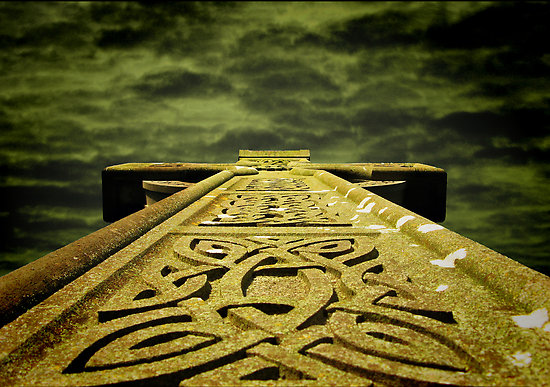Basil was born about 329, in Caesarea of Cappadocia, into a Christian family of wealth and distinction. Educated in classical Hellenism, Basil might have continued in academic life, had it not been for the death of a beloved younger brother and the faith of his sister, Macrina. He was baptized at the age of twenty-eight, and ordained a deacon soon after.
Macrina had founded the first monastic order for women at Annesi. Fired by her example, Basil made a journey to study the life of anchorites in Egypt and elsewhere. In 358 he returned to Cappadocia and founded the first monastery for men at Ibora. Assisted by Gregory Nazianzus, he compiled The Longer and Shorter Rules, which transformed the solitary anchorites into a disciplined community of prayer and work. The Rules became the foundation for all Eastern monastic discipline. The monasteries also provided schools to train leaders for Church and State.
Basil was ordained presbyter in 364. In the conflict between the Arians (supported by an Arian Emperor) and orthodox Christians, Basil became convinced that he should be made Bishop of Caesarea. By a narrow margin, he was elected Bishop of Caesarea, Metropolitan of Cappadocia, and Exarch of Pontus. He was relentless in his efforts to restore the faith and discipline of the clergy, and in defense of the Nicene faith. When the Emperor Valens sought to undercut Basil’s power by dividing the See of Cappadocia, Basil forced his brother Gregory to become Bishop of Nyssa.
In his treatise, On the Holy Spirit, Basil maintained that both the language of Scripture and the faith of the Church require that the same honor, glory, and worship is to be paid to the Spirit as to the Father and the Son. It was entirely proper, he asserted, to adore God in liturgical prayer, not only with the traditional words, “Glory to the Father through the Son in the Holy Spirit;” but also with the formula, “Glory to the Father with the Son together with the Holy Spirit.”
Basil was also concerned about the poor, and when he died, he willed to Caesarea a complete new town, built on his estate, with housing, a hospital and staff, a church for the poor, and a hospice for travelers.
He died at the age of fifty, in 379, just two years before the Second Ecumenical Council, which affirmed the Nicene faith.
(pg. 286, Lesser Feasts and Fasts, 2006)
Psalm: 139:1–9 or 34:1–8
Lessons:
1 Corinthians 2:6–13
Luke 10:21–24


No comments:
Post a Comment